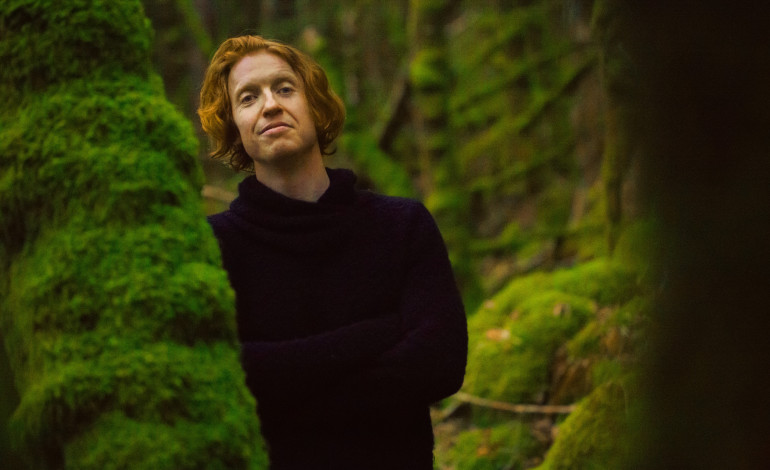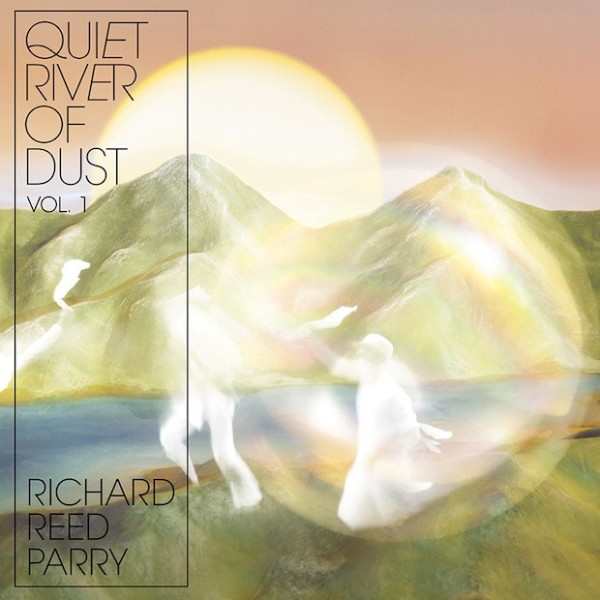
Richard Reed Parry – guitar player, singer and multi-instrumentalist for Canadian indie band Arcade Fire – today announced a new upcoming set of solo albums on Anti Records: the two-volume Quiet River Of Dust series. The first part is due for release on September 21st to coincide with the autumnal equinox, and the second on the spring equinox of 2019. Pre-order the album here.
Ahead of the release, Parry released the first two tracks as a two-part single, ‘Sai No Kawara (River of Death)/On The Ground’, along with a brilliant and visionary film directed by Caleb Wood. Check out the songs below.
Billed as ‘a dreamlike journey of immersive, gently psychedelic songs’, the album was inspired by Parry’s travels in Japan following the Arcade Fire tour of 2008. For weeks after the shows had ended, Parry stayed in a Japanese Buddhist monastery – a place with the “biggest silence you’ve ever heard”, he said.
The Buddhist emphasis on quietism and contemplation runs deep in the first single, ‘Sai No Kawara’. Built on layers of delay-effect guitar, Mellotron-style keyboards and gentle acoustic strumming, the echoed-out vocals don’t enter for nearly four minutes. Parry’s lyrics are a sermon to silence, with lyrical content derived from Parry’s reading of ‘Japanese death poems’.
The second single is also an interesting one. Alternating between the blissed-out ambience of the first and tribal-style drum crunches, ‘On The Ground’ emerged from a nostalgic mystical experience the singer had in the Japanese forests around the Koya-Sān mountain.
“I told director Caleb Wood the story – of being alone in this magical environment of giant cedar trees and hearing a loud chorus of powerful harmony singing that sounded inexplicably identical to my late father’s folk band the Friends of Fiddler’s Green, who were the soundtrack to my entire childhood and upbringing”, he said.
Quiet River Of Dust will be his first release since 2014’s Music For Heart And Breath. True to its title, the LP was a fascinating experiment in neo-classical music in which the instrumentalists kept time with their heartbeats and breathing rhythms.

